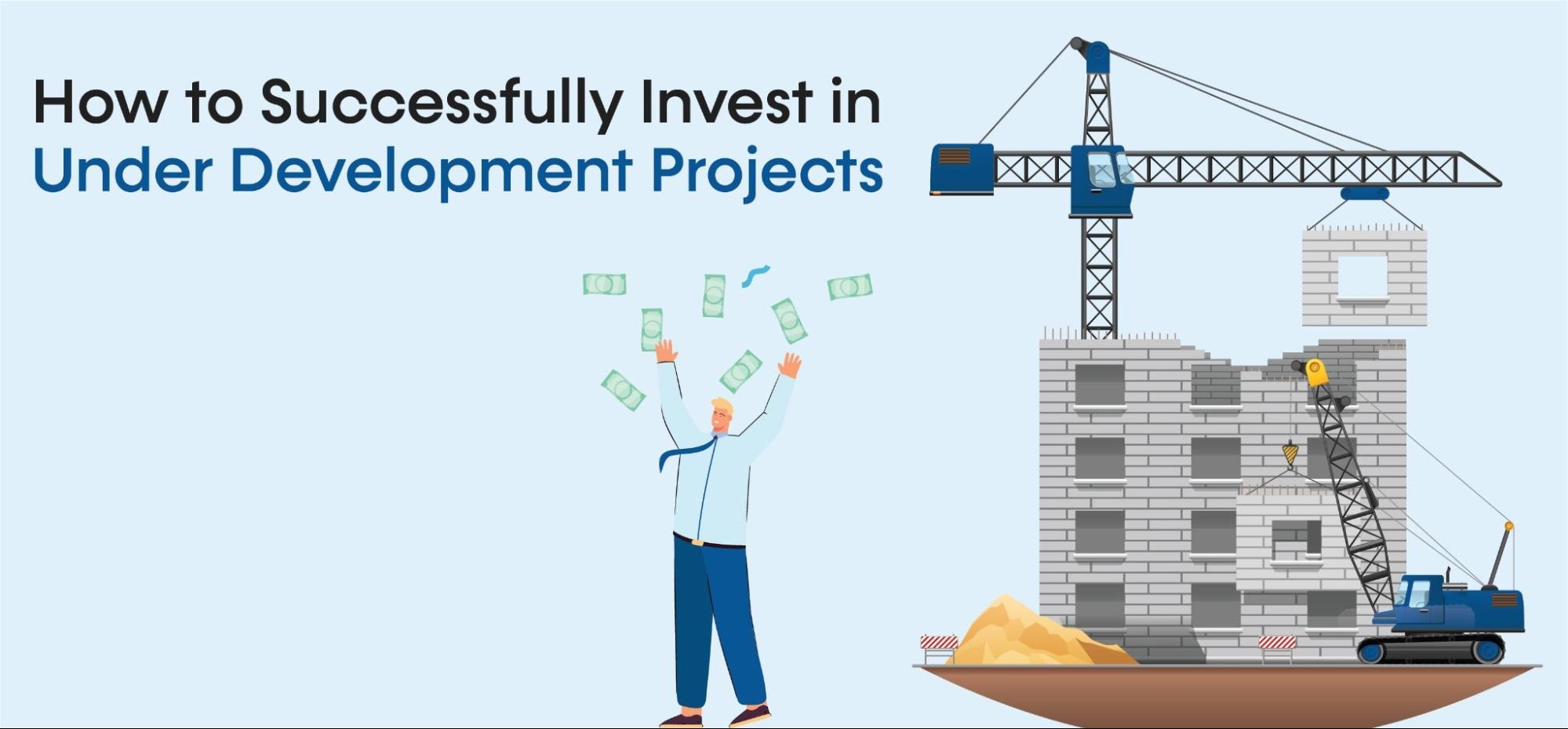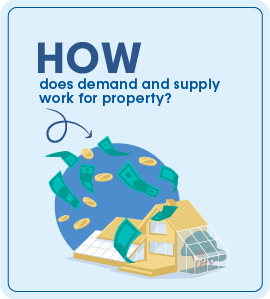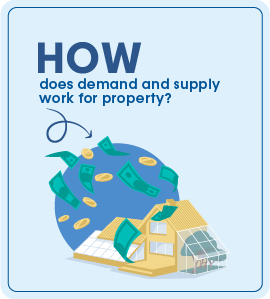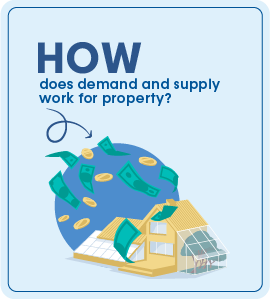Investing Guide
How to successfully invest in under development projects?

In our previous posts, we have laid out all the benefits and risks of investing in an underdevelopment real estate project. In this post we aim to provide an actionable 7-step approach to making an informed investment decision to minimize associated risks and take advantage of the available opportunity.
Research
By research, we don’t expect you to engage in any laborious tasks of writing a thesis or an academic paper. What research means here is that you ensure developer’s credibility by looking at their project history through:
- Looking at the timeline of delivery against their claimed timelines,
- Visiting the projects that this developer has delivered in the past,
- Observe the quality of construction,
- Engage with residents and seek their feedback on the quality of construction and fixtures,
If the developer has no completed projects to showcase, we advise avoiding such a project. Don’t fixate yourself on a single property/ investment opportunity. Exploring other options is also part of your research that will pay dividends.

Review Title Deeds
Request the developer for title deeds and other relevant legal papers. A credible developer would already have these available and will readily share these with you since it adds to its credibility and satisfies your concerns. If the developer is unwilling to share these, you should see it as a red flag that’s telling you to explore better options.

Visit the Project Site
You must visit the project site multiple times before and even after investing in the project since you are going to be or already are a part of this project. Critically observe the project facilities, these should match the work in progress. If the project promises the first two floors for car parking then you should not be seeing shops being built on those floors. Likewise, visiting the neighborhood since it significantly affects the perceived value of a project.
Evaluate the Timeline Against Progress
While you visit the site, compare the project’s committed timeline against the current state of construction – while also keeping the launch date in mind. This will enable you to analyse if the developer is being honest about the completion date and if the timeline is reasonable or not.

Monitor Pace of Work
To analyse if the project managers are meeting their pre-set timeline, request the project progress plan from the developer. This project plan should be for the entire project including all the towers and parking areas instead of an individual tower or unit.
Legal Aspects
While this aspect is partially covered in the review of title deeds, that only addresses the legal ownership of the land. You also need to check if:
- The developer’s layout plan has been approved by the relevant authorities?
- It is registered with or issued No Objection Certificate by relevant development authority like CDA, RDA, LDA or KDA etc.?
- The developer is complying with all the provisions?
- Their current status is ‘legal’, ‘finalized’, ‘in-process’, or ‘non-compliant’ with relevant regulations?
You can find a list of unapproved development project on CDA, RDA or concerned development authority.

Review the Sales Agreement
Even if the salesperson suggests you to quicken the formalities of signing the sales agreement, take your time and review the sales agreement away from the sales office. In line with your rights, you should study all documents in private without the pressure of salespeople or relying on their verbal promises and commitments. Carefully read and understand all the terms and conditions laid out in the agreement. If a point is unclear, talk to the developer and have all the terms explained to your satisfaction. If you don’t understand any of the terms, don’t be afraid to ask questions until you do.

Conclusion
An investment decision should neither be left to luck nor to verbal commitments. Optimal utilization of your capital is solely your own responsibility. If you adopt a systematic and method-based approach to taking real estate investment decisions, you can reasonably reduce your risks will multiplying the prospective rewards.









